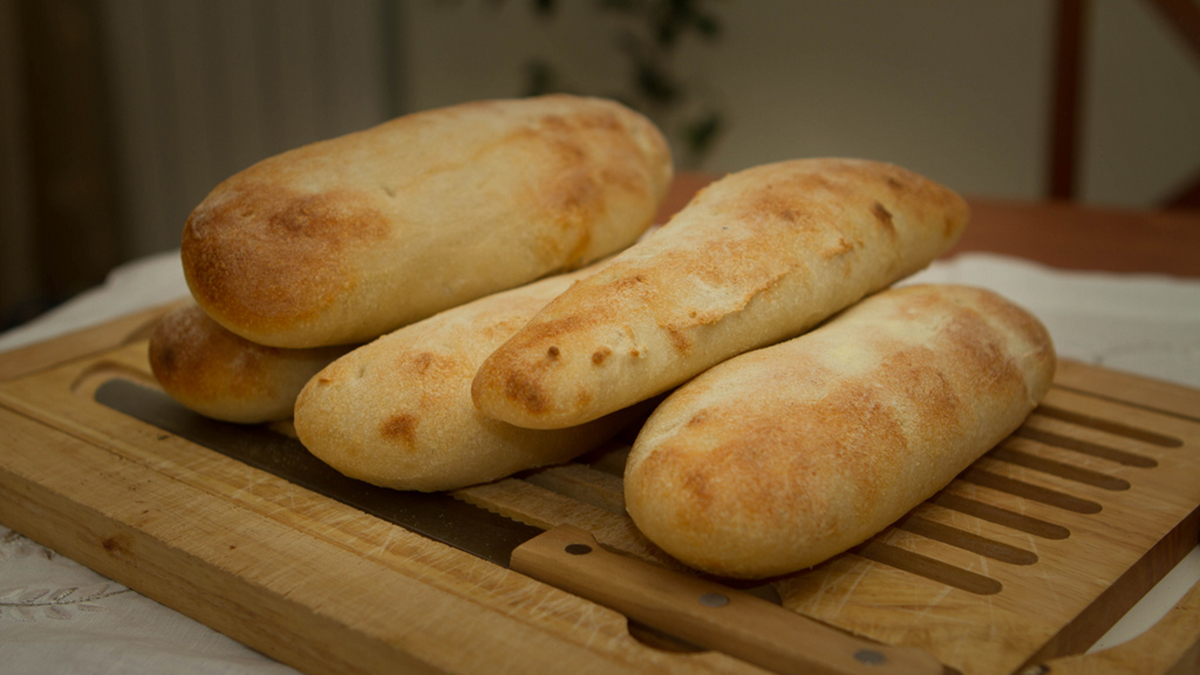Table of Contents
Why Is There A Link?
In a large study at the University of Cambridge, the researchers obtained genetic samples from 9000 healthy controls, 8064 samples with Type 1 Diabetes, and 2560 samples with Celiac Disease. They found a total of seven loci (regions of the chromosome) that were shared between celiacs and diabetics. These genes may be more susceptible to these autoimmune conditions.
What is still unclear is how environmental and other genetic factors might affect the shared regions of the chromosome, increasing the chance of developing these autoimmune conditions. While further research is needed to understand how the mechanisms these conditions have in common leads to the development of these diseases, locating these loci has opened up new understanding.
Does Being Celiac Affect Diabetes?
When you're diabetic, you require a balanced diet containing healthy carbohydrates (wholegrain bread, pasta, and so on). When you're a celiac, you can't digest the gluten in bread and pasta. This inability to digest nutrients can make it difficult to control your blood glucose, leading to hypoglycaemia (blood-glucose too-low).

Also, when you're following a gluten-free diet, you have to be careful because many gluten-free alternatives are higher in sugar (to make them taste more pleasant), so you have look at the sugar in your diet, so you don't go into hyperglycaemia (blood glucose too-high).
The Best Diet for a Diabetic Celiac
In order for your gut to return to normal, so you can digest all the nutrients from your food, you need to follow a strict, lifelong gluten-free diet. This is the case, even if you aren't really having any symptoms and feel well.
The next step is to eat three meals a day. Skipping meals will not help you balance your blood-glucose levels. Also, keep some low-sugar snacks with you, in case your blood glucose levels drop between meals. Gluten-free oatcakes are a good option (if you can eat gluten-free oats, not everyone can), or a plain gluten-free biscuit.
Eat a gluten-free carbohydrate at every meal. Carbohydrate is essential for controlling your blood-glucose levels. So try some toast at breakfast, a potato for lunch and some gluten-free pasta for dinner. Other good gluten-free carbohydrates include: all rice, yams, millet, quinoa, and tapioca.
Follow a healthy diet: Fish, chicken, lean meat, vegetables and pulses are all gluten-free and good for your diabetes, too.
READ Type 1 Diabetics Should Lift Weights Before Cardio: Study
Avoid "Diabetic" versions of juices, sweets, and desserts. They cost a fortune, have as many calories, and as much fat as full sugar versions, still raise your blood-glucose, and cause a laxative effect. You're better off having a smaller amount of real sugar, or skipping it altogether.
If You've Been Diagnosed as a Celiac Diabetic
If you've been diagnosed a celiac diabetic, you may find that you need more insulin. You may find this because gluten-free staples tend to have higher sugar levels, or you may find it because - having removed gluten from your diet - your body is now digesting nutrients it couldn't digest before. You will need to keep a closer eye on your blood-glucose levels, and talk to your diabetes management team if your blood-glucose levels begin going too low or too high.
Although managing both Celiac Disease and Type 1 Diabetes can be a nuisance, as soon as you adapt to your new diet, you can look forward to a healthier you.
- http://care.diabetesjournals.org/content/26/6/1932.full https://celiac.org/celiac-disease/cd-and-diabetes http://www.celiac.com/articles/23010/1/Celiac-Disease-in-Type-1-Diabetes-Mellitus/Page1.html http://www.celiac.com/articles/23701/1/Can-a-Gluten-free-Diet-Lower-the-Risk-of-Diabetes/Page1.html http://www.celiac.nih.gov/CDandDiabetes.aspx https://www.coeliac.org.uk/coeliac-disease/associated-conditions-and-complications/type-1-diabetes https://www.coeliac.org.uk/coeliac-disease/myths-about-coeliac-disease http://www.diabetes.co.uk/diabetes-and-coeliac.html https://www.diabetes.org.uk/Guide-to-diabetes/Monitoring/Testing/#HbA1c https://www.diabetes.org.uk/Documents/Position%20statements/Diabetes%20UK%20Facts%20and%20Stats_Dec%202015.pdf http://www.nhs.uk/conditions/Coeliac-disease/Pages/Introduction.aspx http://www.nhs.uk/Conditions/Coeliac-disease/Pages/Diagnosis.aspx http://www.sciencedaily.com/releases/2008/12/081210180841.htm http://www.webmd.com/digestive-disorders/celiac-disease/news/20081210/celiac-disease-type-1-diabetes-linked
- Photo courtesy of v1ctor: www.flickr.com/photos/v1ctor/10871254373/
- Photo courtesy of Nicola since 1972: www.flickr.com/photos/15216811@N06/7304112900/


Your thoughts on this